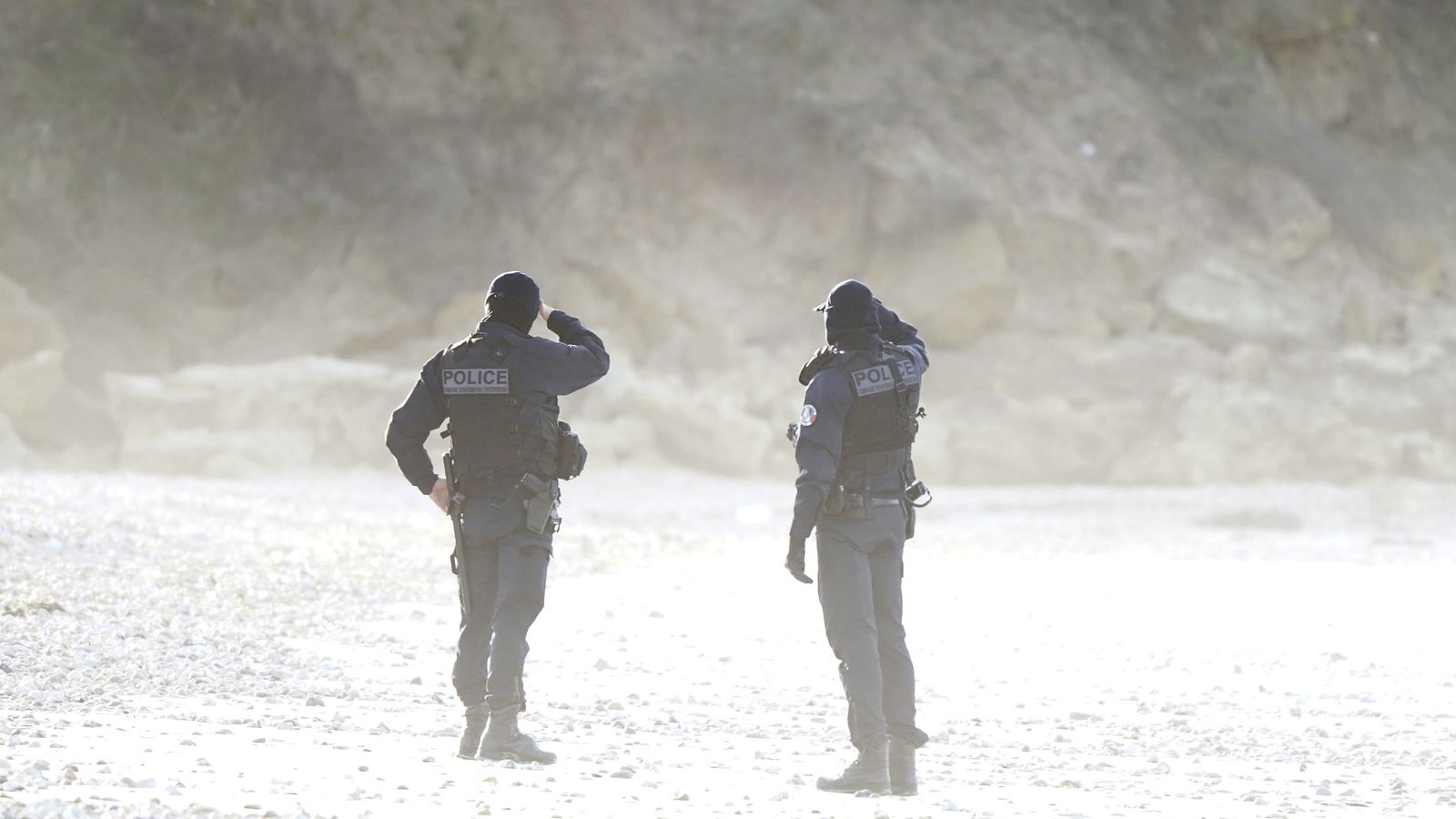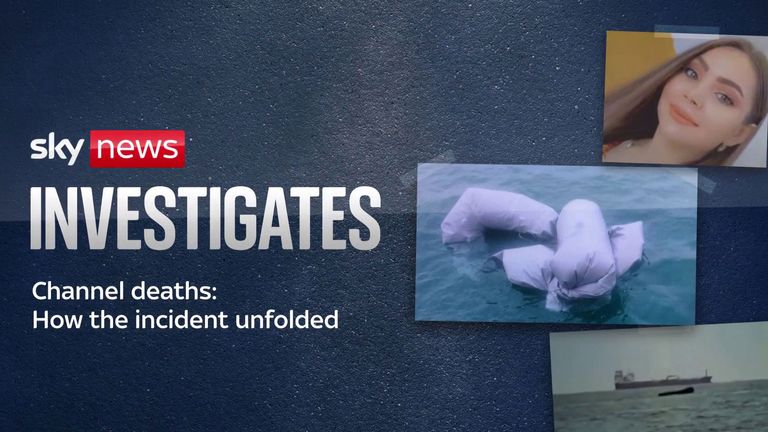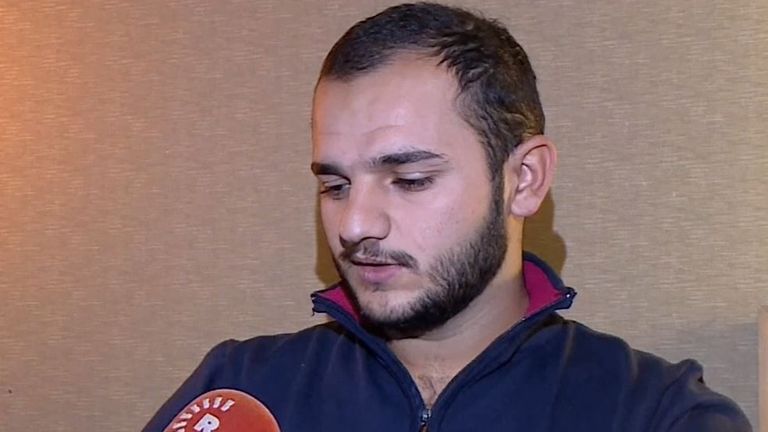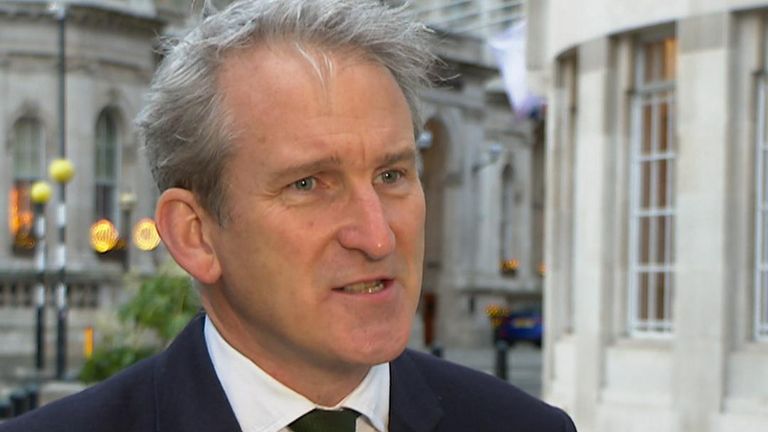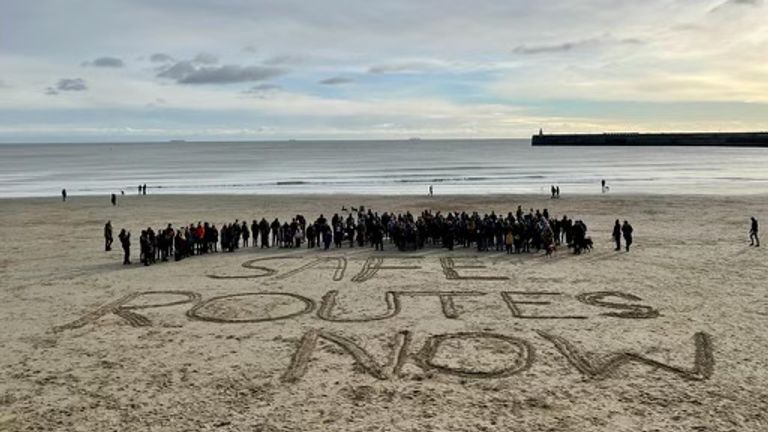All but one of the 27 people who died when their boat capsized crossing the English Channel last month have been identified, the Paris prosecutor said.
Among the victims were a seven-year-old girl, a teenager and seven women, in the worst tragedy since the migrant crossings began.
The group were on a dinghy, trying to reach Britain from France when the boat deflated and capsized, leaving at 27 people dead.
The identity of one migrant remains unknown, Paris prosecutor Laure Beccuau said on Tuesday.
Investigators confirmed the identity of 16 Iraqi Kurds, including four women, a 16-year-old and a seven-year-old girl.
Other victims included an Iranian Kurd, three people from Ethiopia, including two women, a Somali woman, four Afghan men and an Egyptian man, Mr Beccuau said.
Victims ‘held hands in order not to drown’ after a boat capsized on way to Britain
The adults ranged from 19 to 46-years-old and among those who have been publicly identified are a pregnant woman, children and a 24-year-old Kurdish woman from northern Iraq trying to reunite with her fiancee.
What happened on 24 November?
The group were travelling to the UK from northern France on 24 November, when their boat capsized.
Mohammed Shekha Ahmad, 21, was one of the two survivors of the tragedy.
He said 33 passengers were on board the boat, but a faulty pump caused it to fill with water.
The other survivor, Muhammad Isa Omar from Somalia, said the British and French coastguard did not respond to cries for help.
The number of migrant crossings has tripled this year compared to 2020, with people fleeing conflict or poverty in Afghanistan, Sudan, Iraq, Eritrea or elsewhere.
How did France and Britain react?
The tragedy prompted a new political crisis between Britain and France, who each accused each other of not doing enough to deter people from crossing.
France is carrying out an organised crime investigation into the sinking and it has committed to doubling the 123 officials currently in charge of fighting smugglers after the tragedy.
But Prime Minister Jean Castex rejected the idea of a joint British-French patrol on the Channel, but officials are “ready to pursue our operations co-operation” with the UK.
UK Prime Minister Boris Johnson previously suggested the joint coast patrol, and wrote to French President Emmanuel Macron saying that the move could prevent further loss of life.
Downing Street has continued to insist a returns agreement, as set out by Mr Johnson in a letter to Mr Macron that infuriated Paris, would be the “single biggest deterrent” to migrants attempting the sea journey.
Follow the Daily podcast on Apple Podcasts, Google Podcasts, Spotify, Spreaker
A returns agreement with the European Union would allow the UK to send people back to the member state where their journey had originated from, such as France or elsewhere, if their asylum claims are rejected after arriving in Britain.
London pushed for such an agreement during the Brexit talks but Brussels turned the suggestion down.
Source: Read Full Article
